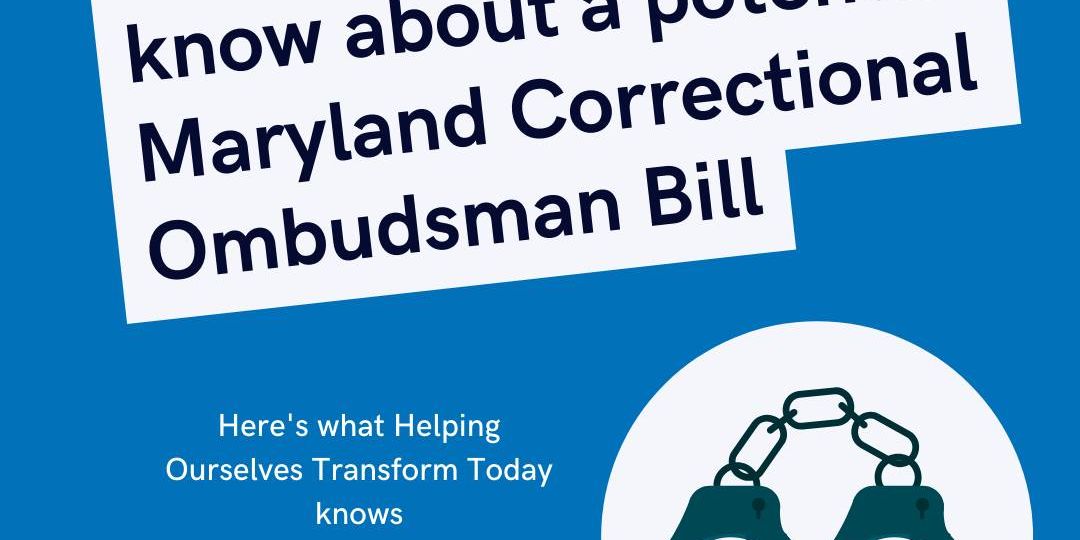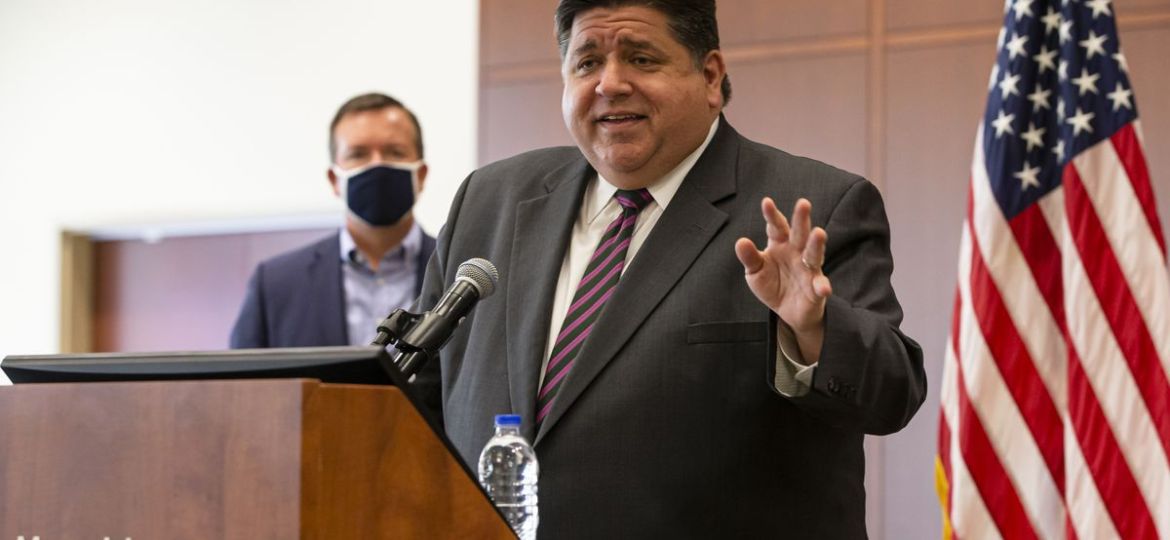The Bill has unanimously passed the Senate with bipartisan support. On April 1st, there will be a hearing before the…
Policy
During this critical legislative session in Maryland, we authored a significant piece of legislation, SB0036, and its corresponding bill, HB0565, titled “Maryland Deaths in Custody Oversight Board.” This pivotal bill is designed to establish an Oversight Board that will introduce a new era of transparency and accountability regarding the unfortunate deaths occurring within Maryland’s correctional facilities. Its purpose is to actively reduce the alarming number of fatalities that persist within our prisons, jails, and detention centers.
In the United States, we owe formerly incarcerated people. This fact is abundantly clear when you evaluate the status quo. A person who completes their sentenced punishment after being found guilty has paid their debt to society. Unfortunately, laws across the country force formerly incarcerated people to continue to pay for their misconduct long after their release from the criminal legal system. These collateral consequences of incarceration are often unrelated to the person’s crime and dramatically hinder the reentry process. Cultural stigma, legal discrimination, and enhanced trauma describe the reality for hundreds of thousands of people in America because “free” society continues to make formerly incarcerated people pay. Hence, we owe them.
Illinois Governor J.B. Pritzker signed an omnibus criminal justice package that (among several victories) makes Illinois the tenth state to end prison gerrymandering. HB3653 ensures that, beginning in 2030, people in state prisons will be counted as residents of their home addresses when new legislative districts are drawn.
What makes people more or less likely to succeed upon release? Readers looking for recidivism data should note that relying too much on rates of recidivism (as opposed to other indicators of success after prison) can result in incomplete conclusions, because recidivism data is skewed by inconsistencies in policing, charging, and supervision.






